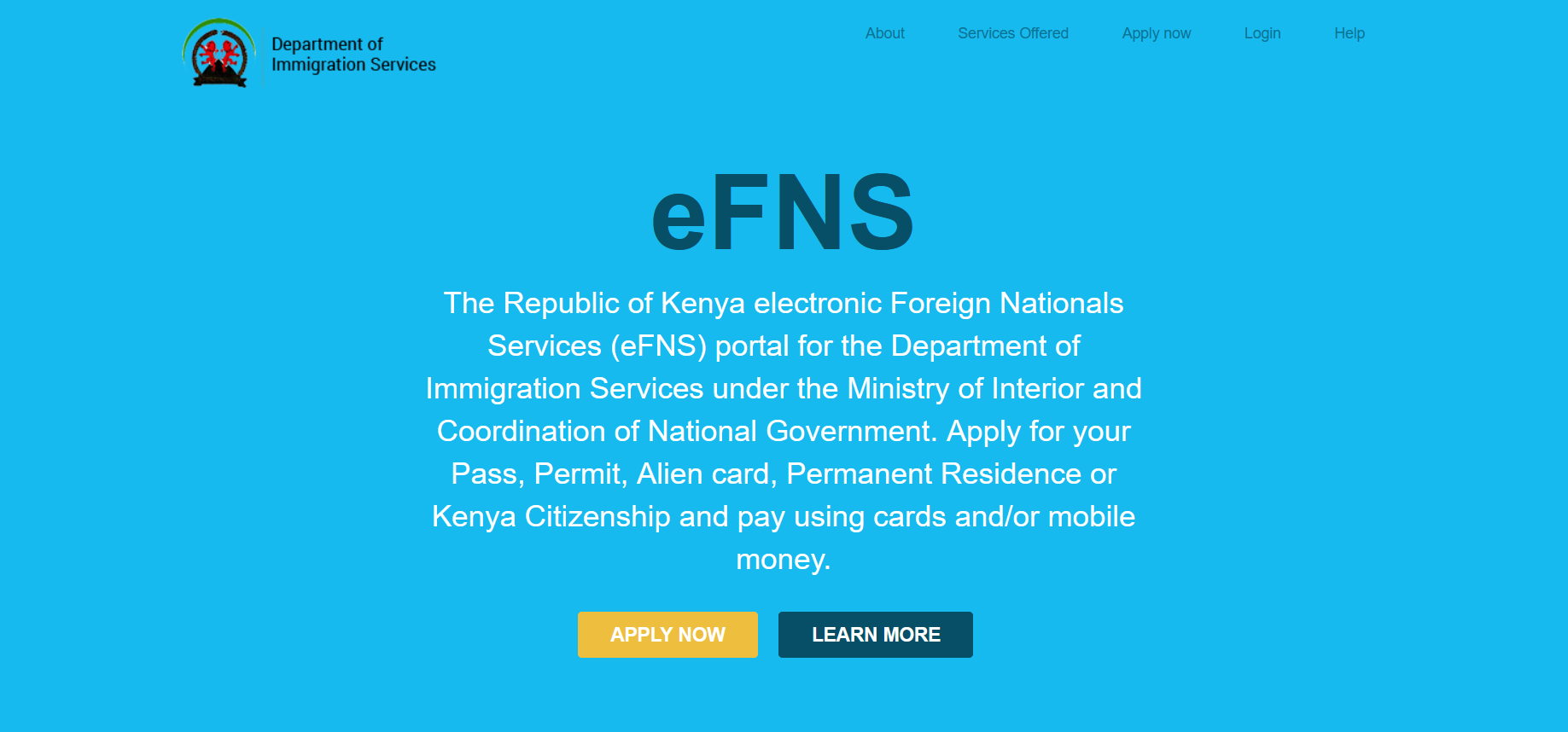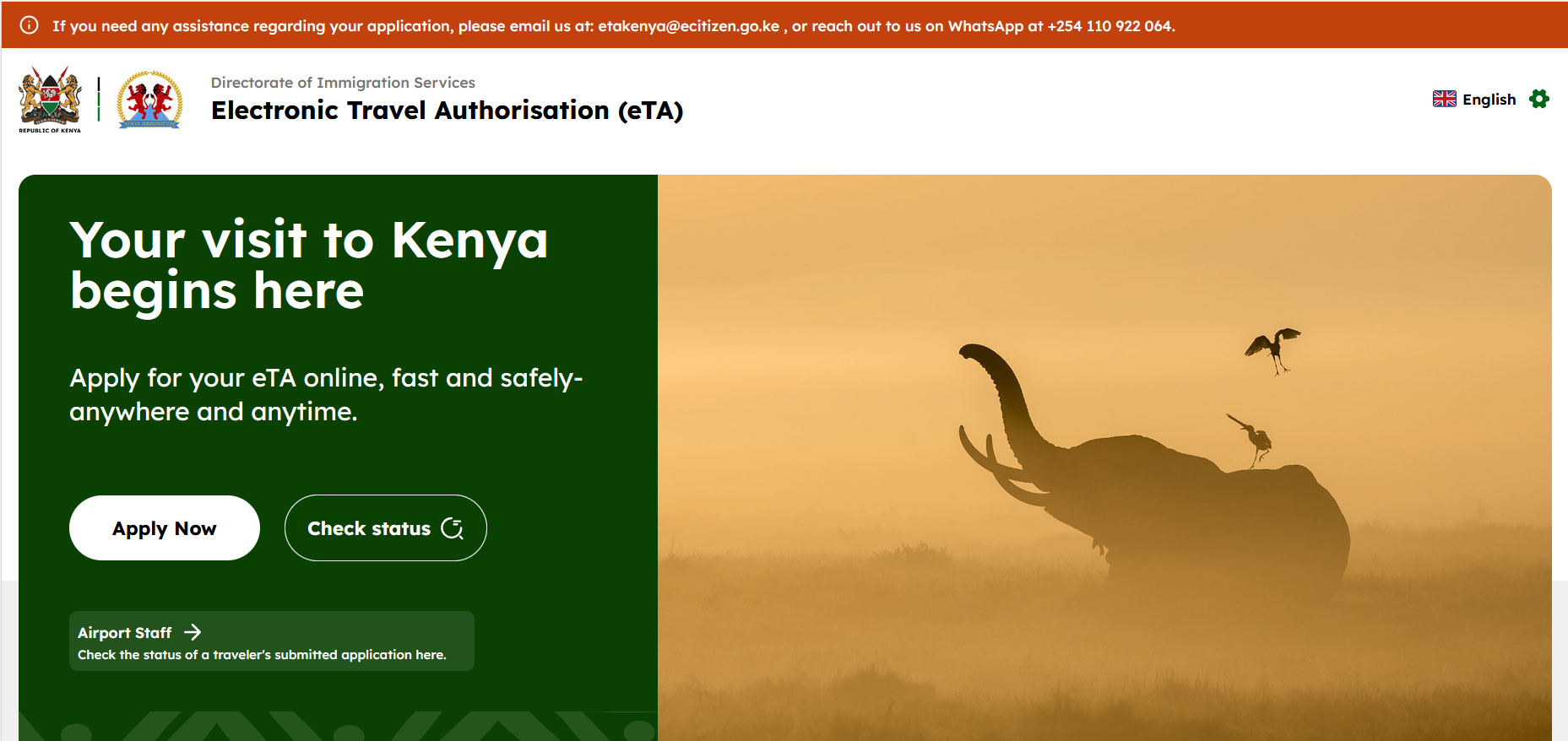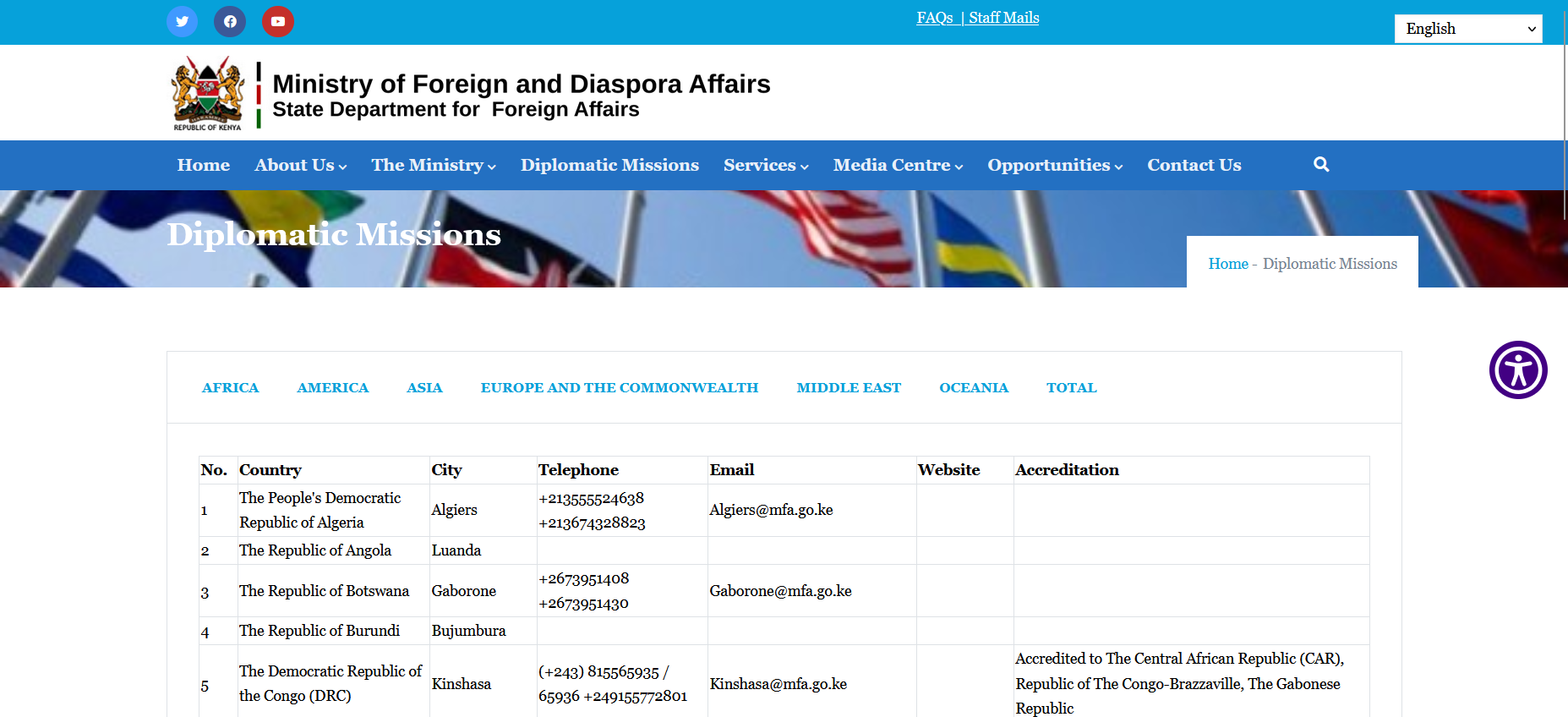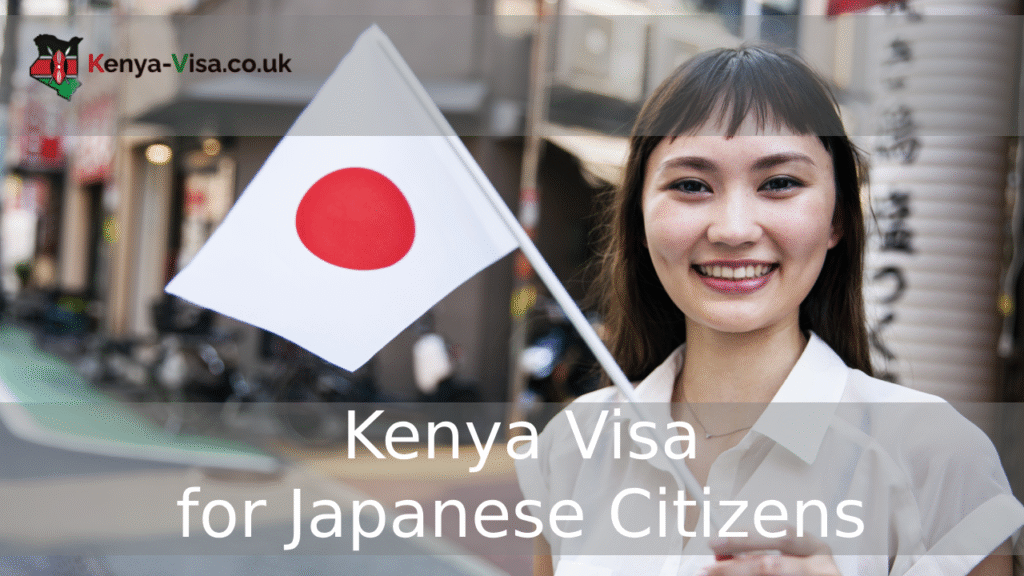Currently, Kenya does not offer an official “Retirement Visa”; however, retirees can choose from other long-stay visa categories for individuals with independent means.
The most suitable option for retirees is the Class K Permit, designed for foreigners with self-sustaining income who do not plan to work in Kenya.
Alternatively, retirees can apply for other Kenya visas or permits with extensions. Although possible, this approach may not provide the long-term stability that the Class K Permit offers.
For retirees looking to stay longer while having a more structured visa program, the Class K Permit stands out as the closest fit.
NOTE: For accurate and up-to-date information regarding retirement in the country, it is essential to consult official Kenyan resources such as the Kenya Directorate of Immigration Services website.
Eligibility Criteria for Retirement in Kenya
To apply successfully for a visa or permit to retire in Kenya, individuals must meet certain eligibility criteria.
While the specific requirements may vary depending on the type of visa or permit being applied for, there are general conditions that applicants seeking to retire in Kenya typically need to meet:
- Age: While Class K applications are available to individuals aged 35 and above, retirees are typically aged 55 and older.
- Assured income: Proof of stable, regular income is required, usually in the range of $2,000–$3,000 per month. This could include pensions, annuities, or savings.
- Non-working intentions: Applicants must declare that they have no plans to engage in employment within Kenya.
- Clean criminal record: Police clearance from the home country or current country of residence is mandatory.
- Passport: With at least 6 months of validity remaining.
Supporting materials may include financial records, photographs, and a well-written cover letter that clearly outlines your purpose for applying.
Class K Permit Key Details
The Class K Permit is the ideal option for retirees who want to reside in Kenya without the intention of working.
It is designed for foreigners with a self-sustaining income and no plans to engage in employment. It’s suitable for retirees who want a long-term stay while taking full advantage of Kenya’s lifestyle.
Applications for the Class K Permit are submitted online via the eFNS (Foreign Nationals) portal, streamlining the process for efficiency.

Once registered, applicants need to upload the required documents and wait for approval.
The necessary documentation for the Class K Permit include:
- A detailed cover letter to the Director of Immigration Services explaining your intent and reason for applying
- Proof of annual assured income of at least USD 24,000, such as bank statements or pension documentation
- A copy of your passport
- Two formal face photographs
- Valid tax compliance certificate
NOTE: Processing times can range from several weeks to a couple of months, so applying well in advance is advisable.
The Class K Permit usually grants an initial stay of two years, which can be renewed. Renewal requires similar documentation and proof of continued eligibility.
Other Long-Stay Options
For retirees who may not meet the criteria for a Class K Permit, there are several alternative options to consider, each suited to different circumstances.
- Kenya eTA
The Electronic Travel Authorization is granted for up to 90 days, with the possibility of extending it further.
The Kenya eTA is available online via https://etakenya.go.ke.

While it provides a short-term solution for retirees looking to explore or spend limited time in Kenya, it is not designed for those seeking a permanent or long-term stay.
Retirees using this permit would need to leave and reapply for continued visits, which can be inconvenient.
- Dependent’s Pass
This is an option for retirees joining family members already residing in Kenya.
The pass allows residence under specific conditions, generally requiring proof of the family relationship and financial support.
It’s an excellent choice for retirees who wish to stay close to their loved ones while living in Kenya.
- Investor or Work Permits
For retired people considering business or employment, there are specific permits available:
- Class G Permit: Issued to individuals investing in trade, business, or consultancy services. Applicants must demonstrate a significant financial investment (minimum of USD 100,000).
- Class D Permit: For those with specific job offers in Kenya, typically requiring proof of employment and relevant qualifications.
- Class I Permit: Available for retirees intending to engage in activities such as research, missionary work, or humanitarian efforts.
These permits are more suitable for those looking to actively contribute to Kenya’s economy rather than fully retire, and they often need financial documentation or an employment offer.
Each of these options has its own requirements and suitability depending on your retirement plans and circumstances.
Benefits and Disadvantages of Retiring in Kenya
Retiring in Kenya offers numerous advantages, such as an affordable cost of living and a warm climate, making it an appealing destination for many retirees.
However, it’s important to compare these benefits with potential challenges, including access to healthcare, navigating local bureaucracy, and ensuring personal security in certain areas.
 Pros
Pros
- Welcoming locals: Kenya is known for its friendly and hospitable communities.
- Nature and wildlife: Kenya offers diverse landscapes, including the Maasai Mara and coastal beaches.
- Language ease: English is widely spoken, making communication easier.
- Affordable cost of living: Retirees can have a good quality of life at a relatively low cost compared to Western countries.
 Cons
Cons
- Bureaucracy: Visa and permit application processes can be complex and time-consuming.
- Healthcare variations: The quality of healthcare infrastructure depends heavily on the region.
- Security concerns: Certain areas may have safety issues, although most tourist and retirement regions are considered secure.
NOTE: Retirees considering relocation should carefully research their destination and familiarize themselves with the local customs, laws, and living conditions.
Consulting Kenya Diplomatic Missions
Individuals who want to retire in Kenya are encouraged to consult Kenya’s diplomatic missions for accurate and up-to-date information.
Embassies and consulates can provide valuable assistance with visa applications, work permits, and travel advice.
They are also well-equipped to guide individuals on legal requirements, customs regulations, and other necessary documentation.
Additionally, these missions can be a reliable resource for addressing concerns about security, healthcare, and local laws.
Retirees can find the contact details of the diplomatic mission in their home country at https://mfa.go.ke/diplomatic-missions.

Frequently Asked Questions
- Is there an official Retirement Visa for Kenya?
No, Kenya does not have a dedicated Retirement Visa, but retirees can apply for the Class K Permit, which offers similar benefits.
- How much income do I need to show to retire in Kenya?
Typically, the required income ranges between $2,000–$3,000 per month.
- Can I work while holding a Class K Permit?
No, the Class K Permit does not allow any form of salaried or income-generating employment in Kenya.
- Are there age restrictions for retiring in Kenya?
There is no maximum age limit, but applicants must prove they have sufficient financial resources to support themselves.
- Are there any safety concerns for retirees in Kenya?
Kenya is generally safe, but it’s important to stay informed, avoid unsafe areas, and take precautions.
- Do I need health insurance to retire in Kenya?
Health insurance is not mandatory but highly recommended.
Conclusion
While Kenya does not currently offer a dedicated “Retirement Visa,” the Class K Permit is the most appropriate solution, specifically suited to individuals with sufficient, self-sustaining income who do not intend to work in the country.
For those seeking a more flexible but less permanent option, applying for other visas with extensions is possible, though it comes with limitations and uncertainties.
Ultimately, retirees considering Kenya should carefully evaluate their residency goals and choose the permit according to their lifestyle and financial situation.



